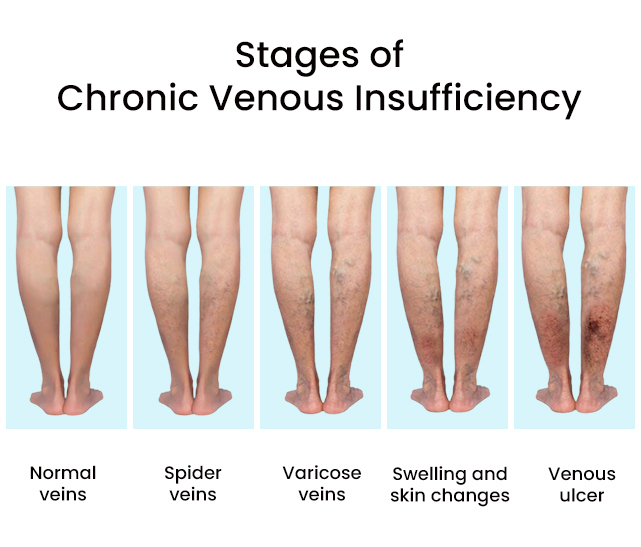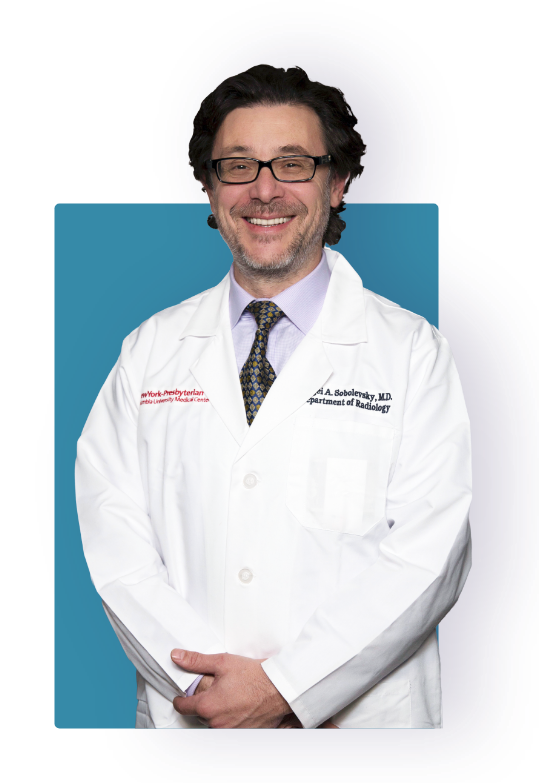Your circulatory system consists of a long loop, sending nutrient-rich blood from your heart and lungs to the rest of your body and then cycling the depleted blood back. If you suffer from venous insufficiency or arterial insufficiency, your veins or arteries aren’t working properly. But there’s a treatment for arterial and venous insufficiency at the Downtown Vein & Vascular Center in Brooklyn. To treat veins, arteries and even venous stasis dermatitis, call this medical practice for the best care.
What Is Venous Insufficiency?
Venous insufficiency is a medical condition that arises when veins become too dysfunctional to return blood to your heart. The condition almost always occurs in your legs because that’s where the fight against gravity is the strongest. The valves within your veins keep blood moving in the same direction, but when these valves weaken, it stops the upward movement of blood flow back to your heart.
When the blood pools in place instead of moving forward, it can lead to your leg swelling, dilated visible veins, a skin discoloration called venous stasis dermatitis and in severe cases, the formation of an ulcer that’s very difficult to treat. Chronic venous insufficiency can damage any vein, including a superficial vein, a deep vein or a perforating vein that connects the two. Your symptoms are initially mild, but as the pressure in the vein increases, you experience more serious complications that can threaten your life or limb.
Early diagnosis by a Vein and Vascular Specialist ensures effective treatment for venous insufficiency. At the Downtown Vein & Vascular Center in Brooklyn, NY, Dr. Sergei Sobolevsky, a renowned endovascular specialist, uses advanced diagnostics and effective treatment for a range of vein conditions.

What Is Arterial Insufficiency?
Arterial insufficiency refers to problems with the blood flow in your arteries, which normally supply blood from your heart to your organs. A major cause of arterial insufficiency is hardening and narrowing of your arteries, called atherosclerosis. A build-up of fatty material on the walls of your arteries causes them to become narrow, which slows the blood flow.
Symptoms of this condition include:
- Frequent leg cramps in the legs with some activities, such as walking or climbing stairs
- Chest pain or a heart attack, as arterial insufficiency is associated with heart disease
- Cold or numb lower legs
- Leg weakness
- Weak or no pulse in your legs or feet
- Shiny skin on your legs
- A risk of a stroke or transient ischemic attack, since arterial insufficiency is associated with the risk of ischemic stroke
- Pain after eating, as arterial insufficiency is associated with poor circulation to your digestive system
- Pain in your legs and feet, whether you’re at rest or exercising
- Numbness or loss of normal sensations in your feet
Arterial insufficiency affects every part of your body because all body parts need oxygen. If untreated, arterial insufficiency may lead to critical limb ischemia, ulcers and even amputation. Arterial insufficiency affecting your heart can lead to a heart attack or stroke.
Arterial insufficiency and venous insufficiency both refer to blood flow problems, but differ in several ways, including:
- Arterial insufficiency refers to blood flow issues in your arteries, while venous insufficiency is a breakdown in the flow of blood in the veins.
- Arterial insufficiency results from fatty material buildup in arteries, while venous insufficiency results from damaged valves in the dysfunctional veins.
- Venous insufficiency mostly affects just your legs.
★ ★ ★ ★ ★
Thoroughly Impressed
I was thoroughly impressed with Dr. Sobolevsky’s expertise and professionalism during my vein treatment. He took the time to answer all of my questions and made me feel comfortable throughout the procedure. I’m thrilled with the results and would highly recommend him to anyone seeking vein treatment.
How Does Venous Insufficiency Develop?
Vein valve malfunction in your legs is an important cause of vein insufficiency.
Different factors contribute to the vein damage, such as:
- Structural problems in your veins. Weak, missing, or damaged valves allow blood to flow back into the legs. Vein problems, such as wide veins, may further compromise the functioning of the valves.
- Genetic predisposition. Vein problems tend to run in families.
- Other medical conditions. Some medical conditions lead to damage to your leg veins, such as deep vein thrombosis. The blood clot damages the valve in a vein, causing venous insufficiency.
Dr. Sobolevsky uses a multi-disciplinary approach to venous insufficiency treatment. The endovenous specialist has performed over 25,000 minimally invasive image-guided procedures.
Am I at Risk of Venous Insufficiency?
Venous insufficiency is a serious condition that requires intervention by a vascular specialist.
Complications that can result from a malfunction of valves in your veins include:
- Pain and swelling in your legs caused by blood clots
- Skin discoloration
- Leg ulcers
- Bleeding visible in your skin if an affected vein bursts
- Swelling and tenderness in your skin at the site
- Leg cramping, tingling or numbness
- Varicose veins
- Emotional problems caused by low self-esteem
- Chronic venous stasis dermatitis
The symptoms and complications of venous insufficiency lower your quality of life. Anyone can develop venous insufficiency, but doctors have identified certain factors that increase the risk, including:
- A history of venous insufficiency in your family
- Spending long hours sitting or standing
- Being overweight or obese
- Pregnancies
- The use of tobacco
- Cancer
- Blood clots
- Weak muscle
- A leg injury or trauma
What’s the Best Treatment for Venous Insufficiency?
Vein and Vascular Specialists use different methods for the treatment of venous insufficiency. The goals of treatment for venous insufficiency involve blood flow repair, skin ulcer treatment, venous stasis treatment, pain relief and the aesthetic improvement of your skin.
Treatment options include:
- Lifestyle changes, including smoking cessation, leg elevation, regular exercise, weight management and breaks from work
- Compression devices, such as stockings and bandages
- Medications, such as antibiotics and anticoagulants
- Minimally invasive treatments, including sclerotherapy for varicose veins and endovenous radiofrequency ablation
- Surgical procedures, such as vein bypass and ambulatory phlebectomy
The vascular specialist at the NYC clinic also offers treatment for arterial insufficiency through advanced procedures such as atherectomy and angioplasty. For effective treatment for venous insufficiency in New York City, contact Dr. Sobolevsky at the Downtown Vein & Vascular Center. He serves all Brooklyn and New York.

I am Dr. Sergei Sobolevsky, a leading specialist in endovascular medicine. Having performed over 25,000 procedures throughout my career, I bring decades of experience in vascular and interventional radiology to my practice. I obtained my Doctor of Medicine (MD) degree from the University of Colorado School of Medicine in 1997 and completed my specialty clinical training in vascular and interventional radiology at Harvard University.
My dedication to excellence in patient care has been recognized through accolades such as being named a Castle Connolly Top Doctor and inclusion in the Top Doctors New York Metro Area lists for 2020, 2021, 2022, and 2023. With licenses in multiple states, I have also shared my expertise through presentations at various institutions in the US and abroad.
More About Dr. SobolevskyDowntown Vein Treatment Center
480 Court Street, Ste 101
Brooklyn, NY 11231
(718) 787-5559


